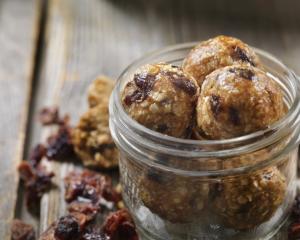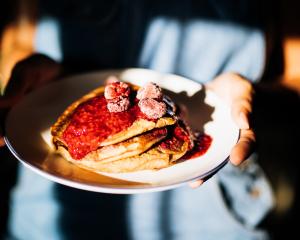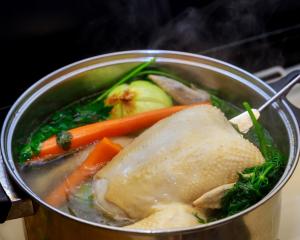Sleep deprivation can affect your:
• appearance
• immune system
• heart health
• hunger signals and weight
• memory and reaction
• fatigue and stamina
• productivity and creativity
• mental wellbeing and mood
• focus
Just because you can survive with less sleep, doesn’t mean you wouldn’t feel better and operate optimally with extra hours.
Adults need between 7-9 hours sleep per night and it is estimated that over 30% of New Zealanders and Australians get less than this.
A large study across four large US companies found that insufficient sleep cost almost $2000 per employee, per year in lost productivity.
That amount rose to over $3500 per employee in those suffering the most serious lack of sleep.
Sleep is restorative and enables your body to re-energise - no other activity delivers so many benefits with so little effort.
Tips to help you to fall off to sleep better
• Read something light (not work-related)
• Listen to a sleep meditation
• Diffuse lavender essential oil
• Sip a warm non-caffeinated herbal tea
• Use a heat pack to soothe any aches or pains that may be keeping you awake
• Write down any thoughts or worries keeping you awake to get them out of your head until the next day
• Go into another room and do something relaxing until you feel tired again
• Dim the lights after dinner — bright lights signal to the brain that the sun is still up
• Switch off screens at least one hour before your bedtime
• Avoid alcohol during weeknights — save it for celebrations
• Promote relaxation with a bedtime ritual such as a herbal tea and then a shower/ bath
To be able to fall sleep, your nervous system has to calm down. This is easier said than done in today’s fast paced “always-on” world, where your nervous system is constantly thrown into overdrive.
Magnesium is a worthwhile mineral to take to support the nervous system, as well as the herbs Ashwagandha* and Jamaican Dogwood**. If you have chronic pain, you already have a more active nervous system.
To have good quality sleep, make bedtime a priority by following these strategies to score some shut eye:
• Ditch the napping during the day or straight after the evening meal
• Catch the wave and go to sleep when you first notice the signs
• Eliminate evening excess including big meals, sweets and stimulants
The optimal room temperature is between 16 and 18degC - any hotter, and your body may compensate by cooling you down via sweating, a major sleep disturber
Create a bedroom environment conductive to sound sleep - no bright lights, colours, clutter, dust, mould etc
Engage in exercise, each and every day to physically tire your body. Often mental stimulation all day can leave us feeling fatigued, but without exercise, we can struggle to get to sleep.
*Ashwagandha
This small plant native to India and North Africa is also known by its botanical name Withania somnifera. Ashwagandha may soothe stress, alleviate anxiety and be particularly helpful for improving insomnia and sleep quality.
**Jamaican Dogwood
Native to Southern Florida, the West Indies and Texas, the bark of this tree is known for its therapeutic properties. It’s traditionally been used to aid sleep, anxiety, nerve pain, migraine, menstrual cramps and other conditions.










